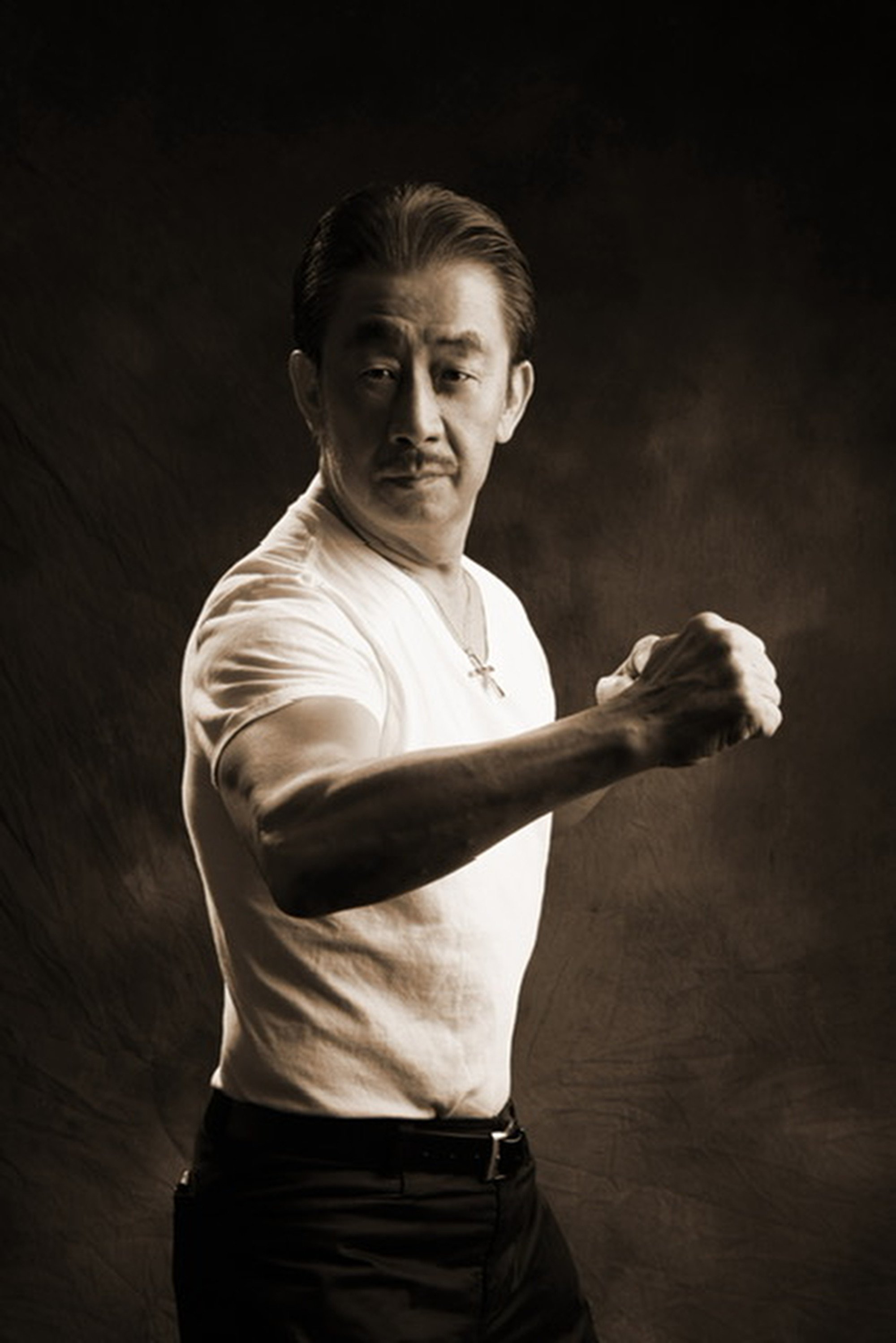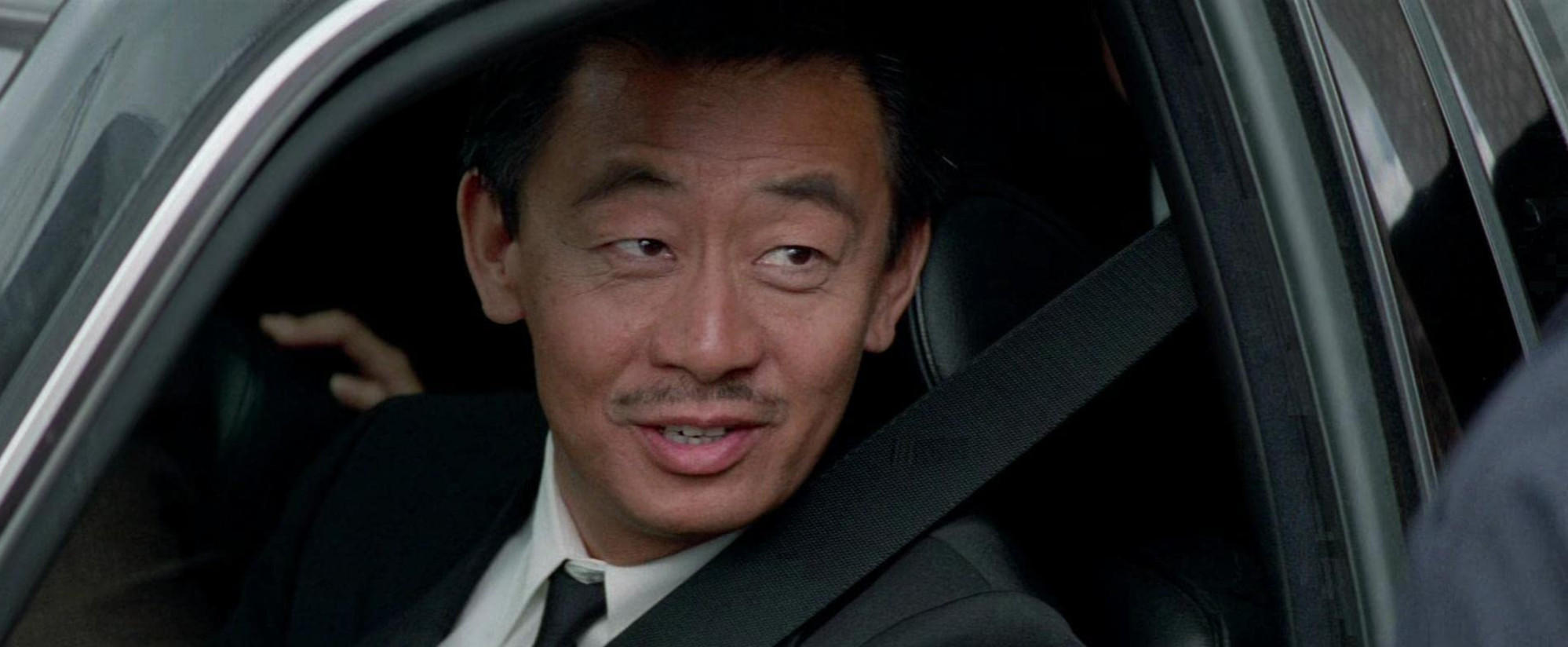
Everything Everywhere Oscar success ‘the beginning of a bright future’ for Asians in Hollywood, hopes veteran actor George Cheung
- Cheung says Asians have played mainly supporting roles in his 50-plus years in Hollywood but Everything Everywhere All at Once could change that
- He says being typecast as a bad guy could be frustrating as an actor, but Clint Eastwood gave him some advice that put it in a different light
Asian representation in Hollywood has come a long way since Hong Kong-born American actor George Cheung was cast in roles such as “First Japanese Soldier”, “Guard #1”, “Lorry driver” and “Ice Cream Attendant” in the 1970s.
At this year’s Academy Awards, Everything Everywhere All at Once, which features a predominantly Asian cast, won seven out of 11 categories it was nominated in, including best supporting actor for Ke Huy Quan and best actress for Michelle Yeoh – a first for an Asian actor.
“I just saw a bunch of Chinese people [on stage]. I didn’t see anybody else. I was just so proud because I’ve never seen so many Asians winning up there,” said Cheung shortly after the awards ceremony.
“You know, once in a while you have a couple of Asians in the back but tonight, they were the leading ladies, there was a leading man, best picture and best original screenplay.
“I’ve been in Hollywood for over 50 years and we’re just supporting most of the time, but tonight was our night to shine. I hope it’s just the beginning of a bright future.”
Known mostly for all the Chinatown gangster parts he’s played through the decades, Cheung appeared in box office hits such as Rush Hour (1998), Austin Powers: The Spy who Shagged Me (1999) and Starsky & Hutch (2004).

The 74-year-old actor says he has developed a friendly rivalry with James Hong, who plays the father of Yeoh’s character in Everything Everywhere All at Once, because of the scarcity of roles for Asian-American actors.
“There was a point where, if I saw James at an audition, I would basically turn around and leave because I would never get it. James is what Hollywood perceives a Chinese man to be. I would get all the bad guy parts,” he recalls.
“One day James said to me, ‘OK, you don’t get the parts, why don’t you be my double and do the stunts?’ Of course, I said yes. It’s a job. So we’d both get cast, James gets to speak the lines and I get to do all the falls.”
Clint said, ‘George, it’s OK. Be the best gangster or godfather you can be. You’re an actor, it’s your job’
Cheung counts himself lucky. The best supporting actor winner in this year’s Academy Awards, Ke Huy Quan, who famously played Short Round in Indiana Jones and the Temple of Doom (1984), had to step away from acting because there were so few opportunities – a struggle Cheung witnessed first-hand.
“Huy Quan was out of work for 25 years. I worked with him when we filmed the first X-Men (2000). He was the assistant to another stunt coordinator,” Cheung says.
“He was a child actor. If you look at his type he was too small to be a bad guy, his face was too kind, too. Can he be a boy next door? He’s not handsome enough, he was too short to be a leading man at a time when there were not many Asian roles. He couldn’t get a job.”

On the other hand, being typecast as a bad guy, as Cheung was, could be frustrating as an actor.
“I worked with Clint Eastwood years ago and I complained to him that I had to be the gangster again and Clint said, ‘George, it’s OK. Be the best gangster or godfather you can be. You’re an actor, it’s your job. Think of it that way.’”
East Asians are not the largest minority group in the United States, but even so, they make up 7.2 per cent of the population. Surely there had to be more jobs in acting?
When Everything Everywhere’s Michelle Yeoh was Hong Kong’s action queen
“This is show business after all,” Cheung says. “There is a business after the art. Crazy Rich Asians made a lot of money because it was a book, it already had fans. It made US$100 million, but if you go to the [American] Midwest nobody would know about this film.
“Shang Chi [and the Legend of the Ten Rings] did well because it’s a Marvel comic. If we go back further, Jackie Chan made Rush Hour with Chris Tucker and that worked because of Chris, but when Jackie came back and made movies by himself there was no box office.”

Will this earthquake at the Oscars make any difference? Cheung is already feeling the aftershocks.
“I just did a cameo in a Brad Pitt and George Clooney movie. My agent was telling me it’s a very small role as a singer at a nightclub but the best part of that is that they let me choose the song.”
A typical representation of Chinese music would be Zhang Lu’s 1950s hit “Give Me a Kiss” that Hugh Jackman covered in Snow Flower And The Secret Fan (2011). To break the mould, Cheung chose 1980s Hong Kong idol Alan Tam’s 1985 pop hit “Love Trap”.
“The amazing thing is the [producers] went and got the rights for it. I would’ve done the part for free.”

He adds: “I really look forward to producers putting Asians in all movies. If we keep doing Asian stories, so to speak, it’s going to dry up. If they keep doing martial arts stories, the immigrant stories and railroad stories, it’s going to dry up because you do not have the audience.
“You walk down the street now, you see black, yellow, white, brown, whatever. This is America. I just hope that all the actors who come after me have the ingenuity and courage to keep at it.”

